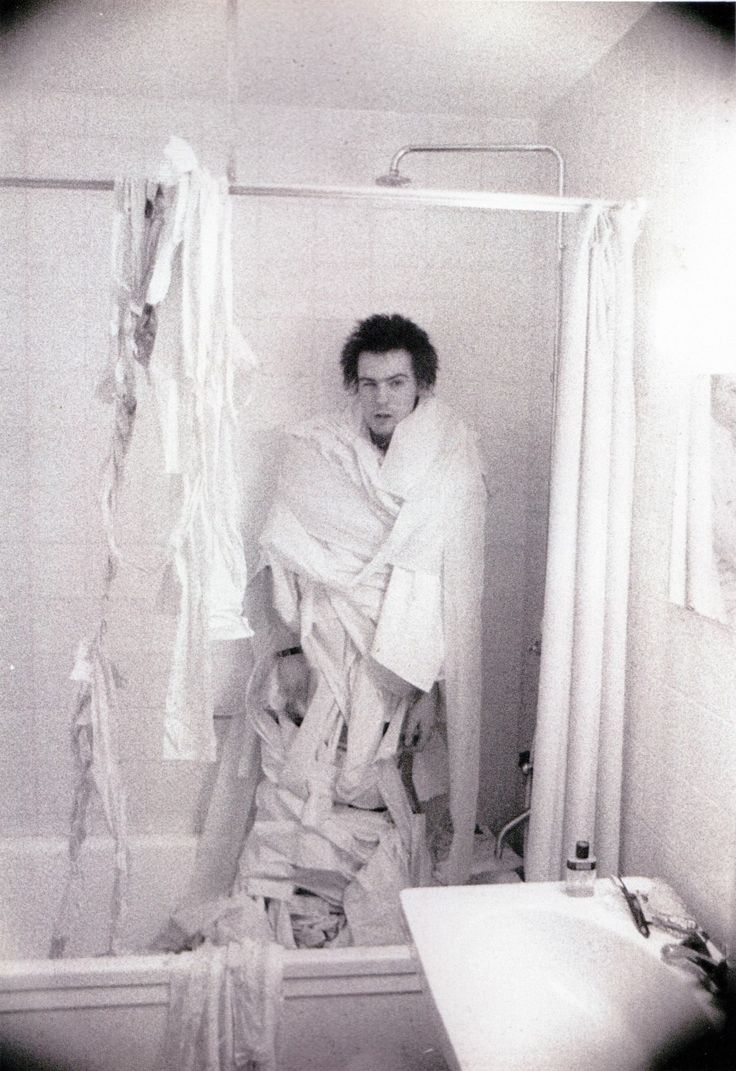It’s since been wiped from our memories, but the 1973 American toilet-paper shortage–which never, ever occurred–was a series of rumors and miscommunications and monologue jokes that went viral in a time before interconnected gadgets. From Zachary Crockett at Priceonomics:
“Perhaps the most memorable shortage in a decade of shortages, it involved government officials, a famous television personality, a respected congressman, droves of reporters, and industrial executives — but it was the consumers themselves who were ultimately blamed.
Like most scares, the toilet paper fiasco all started with an unsubstantiated rumor. In November of 1973, several news agencies reported a tissue shortage in Japan. Initially, the release went unnoticed and nobody seemed to put much stock in it — save for one Harold V. Froelich. Froelich, a 41-year-old Republican congressman, presided over a heavily-forested district in Wisconsin and had recently been receiving complaints from constituents about a reduced stream of pulp paper. On November 16th, he released his own press statement — ‘The Government Printing Office is facing a serious shortage of paper’ — to little fanfare.
However, a few weeks later, Froelich uncovered a document that indicated the government’s National Buying Center had fallen far short of securing bids to provide toilet paper for its troops and bureaucrats. On December 11, he issued another, more serious press release:
‘The U.S. may face a serious shortage of toilet paper within a few months…we hope we don’t have to ration toilet tissue…a toilet paper shortage is no laughing matter. It is a problem that will potentially touch every American.’
In the climate of shortages, oil scares, and economic duress, Froelich’s claim was absorbed without an iota of doubt, and the media ran wild with it.”

